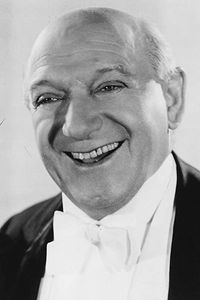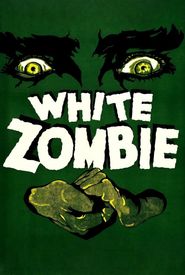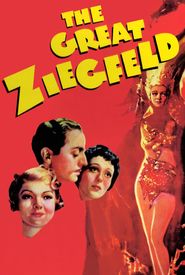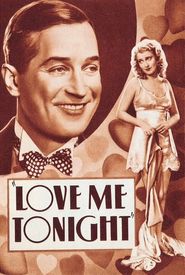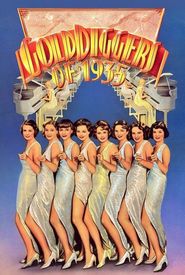The illustrious career of Cawthorn, which spanned numerous decades, began with his earliest foray onto the stage at the tender age of four, marking the commencement of his lifelong passion for the performing arts.
At the youthful age of nine, Cawthorn embarked upon a journey across the Atlantic, arriving in England where he spent four formative years honing his craft in the music halls, laying the foundation for his future success.
Fast forward to 1898, Cawthorn made his debut on the esteemed Broadway stage, commencing a remarkable career that would span an impressive twenty-five years, solidifying his reputation as a talented and versatile performer.
In 1927, Cawthorn made the transition to the burgeoning film industry, establishing himself as a character actor in Hollywood, a testament to his adaptability and enduring passion for the craft.
Throughout his life, Cawthorn was joined by his loving wife, the accomplished stage and screen actress Queenie Vassar, with whom he shared a deep and abiding love.
Tragically, Cawthorn's life was cut short when he succumbed to the devastating effects of a stroke, passing away in his beloved Beverly Hills home, leaving behind a legacy that would continue to inspire and entertain generations to come.
